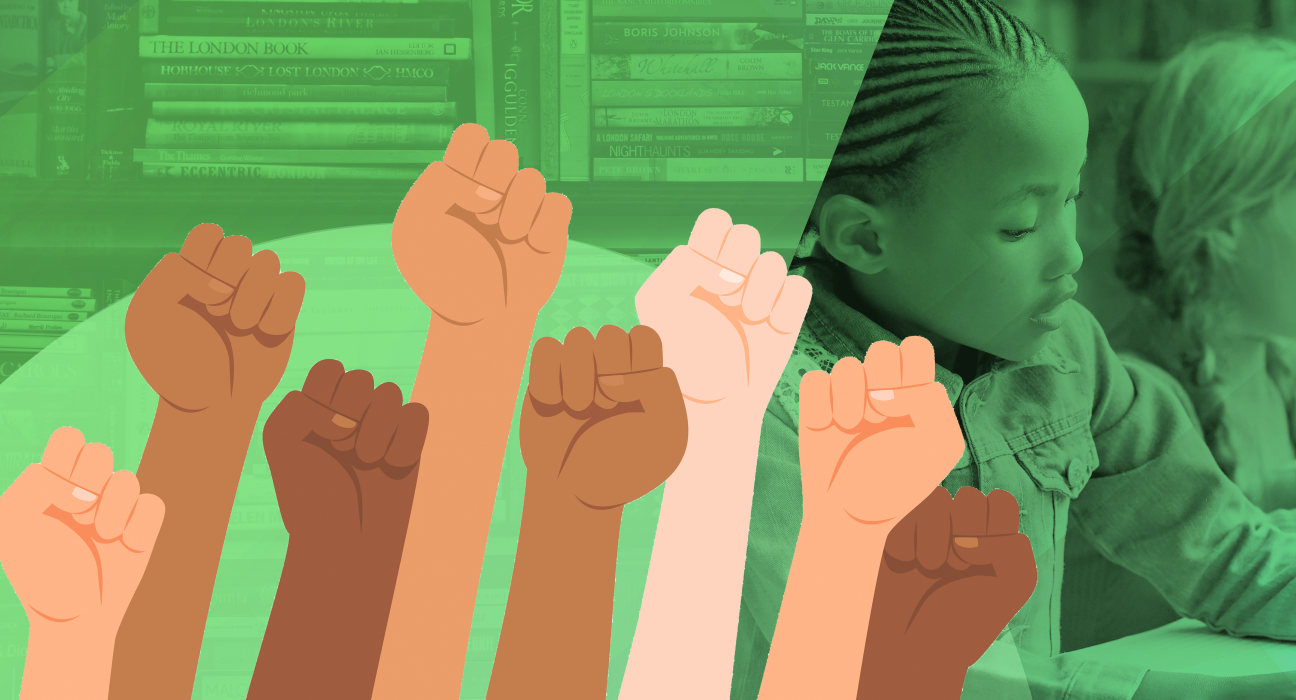The Role of Education in Combatting Racism and Promoting Tolerance

By using this site, you agree to the Privacy Policy and Terms of Use.

Education is one of the most powerful tools in the fight against racism and the promotion of tolerance. Through structured curricula, interactions in diverse learning environments, and the fostering of critical thinking skills, education has the potential to shape attitudes, break down prejudices, and build more inclusive societies. The role of education in combating racism extends beyond simply teaching facts—it involves fostering empathy, understanding, and respect for all cultures and people.
Racism often stems from ignorance, fear, and a lack of exposure to different cultures or perspectives. Without education, these biases can go unchallenged and perpetuate harmful stereotypes. By incorporating lessons on diversity, history, and the experiences of marginalized groups, educators can help students recognize the roots of racism and understand its damaging effects on individuals and society.
One key aspect of using education to combat racism is promoting cultural awareness. Schools that embrace diversity provide opportunities for students to learn about different cultures, traditions, and histories. When students from various backgrounds come together in educational settings, they have the chance to form friendships, share experiences, and develop a deeper understanding of each other’s lives. This exposure helps to dismantle the “us vs. them” mentality that often fuels racial tension.
Moreover, teaching critical thinking skills is vital in combating racism. Encouraging students to question stereotypes, analyze social issues, and reflect on the impact of their actions fosters an environment of self-awareness and openness. Students who are taught to think critically are more likely to challenge discriminatory attitudes and behaviors in themselves and others.
Another powerful way education combats racism is through promoting empathy and social justice. By exploring topics such as human rights, social inequality, and activism, students can learn about the struggles faced by marginalized groups and the importance of fighting for justice. Educators can create opportunities for students to engage in discussions, debates, and community projects that allow them to actively contribute to creating a more inclusive and tolerant society.
Inclusive education policies that support equal access to learning opportunities for all students, regardless of their race, background, or socio-economic status, are also essential. Schools that offer a supportive and welcoming environment for students from diverse backgrounds are crucial in breaking down the systemic barriers that perpetuate racial inequality.
It is important to recognize that education alone cannot completely eradicate racism, but it plays a pivotal role in creating long-term change. Schools and universities can provide the foundation for individuals to understand the importance of tolerance and equality. They can foster an environment where racist attitudes are challenged, diversity is celebrated, and inclusivity becomes a societal norm.
Furthermore, anti-racism education should not be confined to the classroom. Governments, community leaders, and parents all have a role to play in continuing the education process outside of schools. Public awareness campaigns, cultural events, and media portrayals of diverse experiences can reinforce the messages of acceptance and respect.
In conclusion, education is essential in the fight against racism and in the promotion of tolerance. By teaching empathy, celebrating diversity, encouraging critical thought, and addressing systemic inequalities, education can create a more inclusive world. As society continues to evolve, the role of education in promoting tolerance and equality remains one of the most effective ways to combat racism and foster a more just and compassionate global community.
Notifications